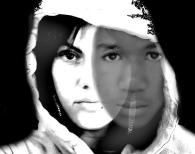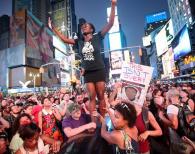We Are Not Trayvon Martin: Community Accountability In A Culture Of Racial Profiling
In the wake of Trayvon Martin’s killing, a diverse array of supporters adopted the slogan “I Am Trayvon Martin” in solidarity. As the nation reels from the acquittal of George Zimmerman, one website challenges readers to consider the ways they are NOT Trayvon Martin, by sharing stories that identify privilege at work in their lives. We commend projects like these that empower people to take ownership over their agency in hate prevention, by actively transforming how they engage with their own racial realities.
racial profiling
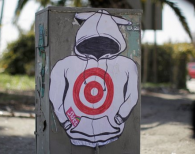
“Young black men know that in far too many settings they will be seen not as individuals, but as the ‘other,’ and given no benefit of the doubt. . . . Society’s message to black boys — ‘We fear you and view you as dangerous” — is constantly reinforced. . . . Even those who keep their distance from this deadly idea are at risk of losing their lives to it. The death of Trayvon Martin vividly underscores that danger.”
—Brent Staples, New York Times
Street art in reaction to the killing of Trayvon Martin. Source: New York Times
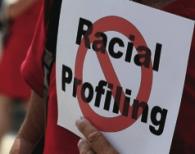
On June 10, George Zimmerman will stand trial on second-degree murder charges for shooting unarmed Florida teen Trayvon Martin. The 2012 shooting sparked a national conversation about racial profiling and the need to address it both in our cities and in our classrooms.
Last year, our Not In Our School program joined the NAACP, the National Educators Association, Facing History and Ourselves, Teaching Tolerance, the American Federation of Teachers, and other groups to distribute resources and materials on standing up to racial profiling.
As this case re-enters the national spotlight, let's find ways to talk about racial profiling and how can we can create environments that are safe and inclusive for all.
Click here to find Racial Profiling Curriculum & Resources

Earlier this year, Not in Our Town and Not in Our School were invited to join a coalition with Teaching Tolerance, the NAACP, the National Education Association, Facing History and Ourselves, the American Federation of Teachers and other groups to develop curriculum materials on standing up to racial profiling.
This piece from our partners at the National Education Association details the campaign and our shared resources that can be used in your classroom.
Racial profiling is the suspicion of people based on race, ethnicity, nationality, religion, or other immutable characteristics, rather than on evidence-based suspicious behavior. Racial profiling is often paired with potentially negative action. Each of us can engage in stereotyping and profiling. However, when those with power and/or authority engage in this behavior, there can be devastating consequences—as we saw in circumstances surrounding the killing of Trayvon Martin.
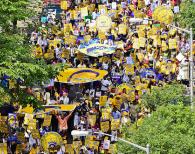
Video: New Yorkers Gather for Silent March to End Racial Profiling
Imagine, if almost the entire population of San Francisco were stopped by the police and patted down, and 88 percent of the time these innocent people were released with no charges. An entire group of New York city residents, whose numbers are greater than the populations of many large cities, has had this experience.
In 2011, the NYPD stopped and questioned more than 685,000 New Yorkers. Eighty-seven percent were Black or Latino and 88 percent of those frisked were innocent and walked away with no charges, according to the NYCLU.
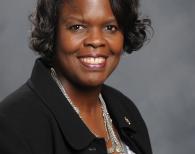
"There is a cure against racism. The deep wounds can be healed but the healing process is intricate, deliberate and will require involvement from those who have previously remained silent."
On April 27 YWCA Greater Cleveland hosted a screening and discussion of Not in Our Town: Light in the Darkness to a large and engaged audience. The event--and this piece below--is part of YWCA's national Stand Against Racism campaign.
By Margaret Mitchell, President & CEO, YWCA Greater Cleveland
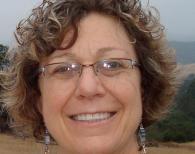
By Becki Cohn-Vargas
Dr. Becki Cohn-Vargas, Not In
Our School Director
This article originally appeared in Edutopia on April 24, 2012. Dr. Becki Cohn-Vargas is a veteran educator as well as the director of Not In Our School.

Tulsa, Okla. mourns three of its residents after a shooting spree on Good Friday that also left two injured.
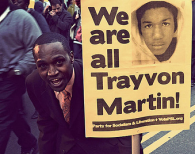
"This is not about a black and white thing. This is about a wrong and right thing."
—Sybrina Fulton, Trayvon Martin's mother
Million Hoodies March, Union Square, New York. Source: Rene Carson, photos.byhandmedia.com
As our country grapples with the traumatic aftermath of the Trayvon Martin killing, we ask ourselves, can this crisis bring us together? How do we begin to address an issue as systemic as racial profiling?
